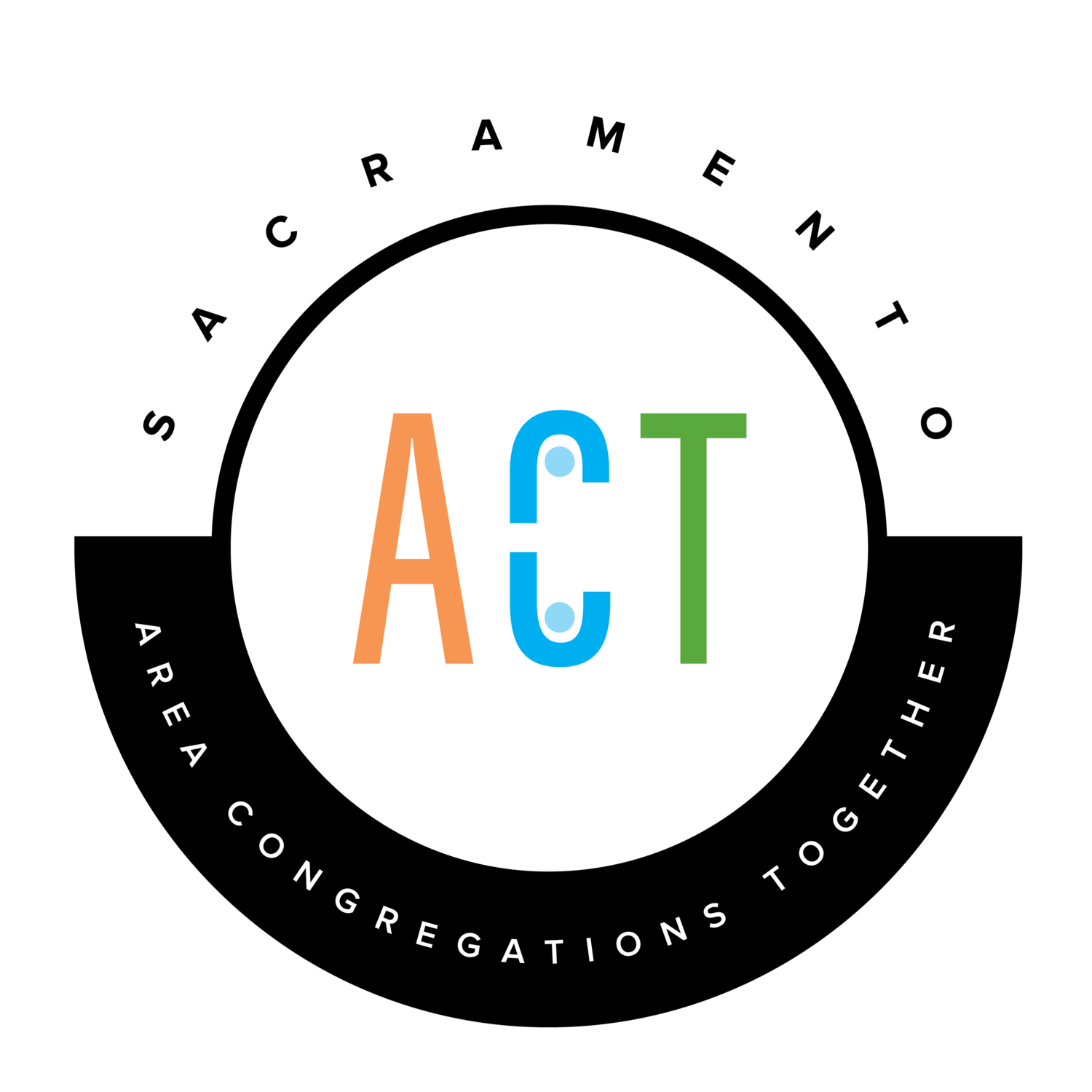BY HUDSON SANGREE
hsangree@sacbee.com
As the recession decimated Sacramento County’s revenue in 2009, supervisors voted to end health care for undocumented immigrants. For some it was a painful decision. For others it was overdue.
Today the county’s finances are in better shape, and supervisors are cautiously looking at restoring some level of health care services to thousands of low-income residents who are not here legally. State lawmakers also are considering policy changes that would broaden health care assistance for undocumented residents.
Some experts said the decisions being made in Sacramento County will help influence health care policy statewide.
“The eyes of the state are looking at Sacramento County,” said Anthony Wright, head of the patient advocacy group Health Access California. The Sacramento-based group issued a report last week addressing the wide disparity of health services provided to undocumented workers in the state’s 58 counties.
Those who entered the United States illegally are excluded from the federal Affordable Care Act, or Obamacare. Counties in California have been the health care provider of last resort for indigent residents who do not otherwise qualify for government assistance, such as Medi-Cal or California’s version of Obamacare, Covered California.
Most large urban areas of the state, including Los Angeles and San Francisco, pay to treat undocumented workers, but many smaller counties do not. Sacramento, Yolo and Contra Costa counties ended such coverage in 2009. Yolo is now part of a consortium of several dozen smaller counties that is re-examining its eligibility criteria, including the possibility of covering undocumented workers.
This week Sacramento County supervisors began publicly discussing the possibility of reversing course. A five-hour workshop Wednesday in the supervisors’ chamber drew an audience packed with health care advocates, elected officials, religious leaders and undocumented workers who urged the supervisors to restore health services.
Hugo Marquez, 28, an undocumented worker, said he is the main breadwinner for his family of four and worries that an untreated hernia and back problems will prevent him from working at his maintenance job.
“If I’m not able to continue working, how will I put food in front of my children at home?” he told the supervisors with help from a translator.
County health authorities said it is hard to pin down the number of undocumented residents in Sacramento County, but that it is likely in the tens of thousands. Providing health care for even a portion of that population would cost millions of dollars, and the county may not be in a position to cover the costs, some officials said.
“We have to have a way to pay for it,” said Supervisor Roberta MacGlashan.
MacGlashan voted along with Supervisors Susan Peters and Don Nottoli to end health services for undocumented immigrants in 2009. All three supervisors remain on the board.
“Sacramento County cannot afford to provide non-emergency health care to citizens of other countries,” MacGlashan wrote in an opinion piece in The Sacramento Bee at the time.
At Wednesday’s workshop, MacGlashan and Peters said they want to wait to find out if the state will act. “I want to see the full picture,” MacGlashan said.
Legislation introduced in December by Sen. Ricardo Lara, D-Bell Gardens, proposes providing health care for all state residents regardless of immigration status through Medi-Cal, Covered California or employer-based health coverage.
Supervisors Phil Serna and Patrick Kennedy have said they want to restore health care for undocumented workers. They both attended a strategy session March 14 held by those involved in the Health4All campaign, sponsored by the California Endowment.
Nottoli is seen as a possible swing vote.
He expressed interest Wednesday in a limited plan that would provide specialized medical care for undocumented immigrants, who currently have access to emergency care, with hospitals reimbursed through Medi-Cal. People in the country illegally can also obtain basic health services through a limited number of federally subsidized low-income community clinics. But specialized follow-up care is often a problem.
For instance, Holandesa Lopez told supervisors a visit to an emergency room revealed a pancreatic mass but she could not afford to have it removed. A doctor at a low-income clinic told her she could live with it, she said.
Fresno County supervisors plan to vote soon on a program that mainly provides specialized care – meeting what many say is the most critical need of undocumented immigrants.
“I’m very interested in that as a model,” Nottoli said Wednesday.
The supervisor, who represents a large area of southern Sacramento County, said he had been moved by the comments that Bishop Jaime Soto, leader of the Roman Catholic Diocese of Sacramento, had offered earlier at the workshop.
Soto said county leaders should reject the idea that there are “unpeople,” including the undocumented.
“There are only God’s people, and we should find a way to care for one another,” he told the supervisors.
Supervisors asked county staff members to return in about two months with more detailed cost estimates and descriptions of program options. “It’s going to be a big pull, but the sooner the better,” Nottoli said.
Click here to read the original article on the Sacramento Bee
